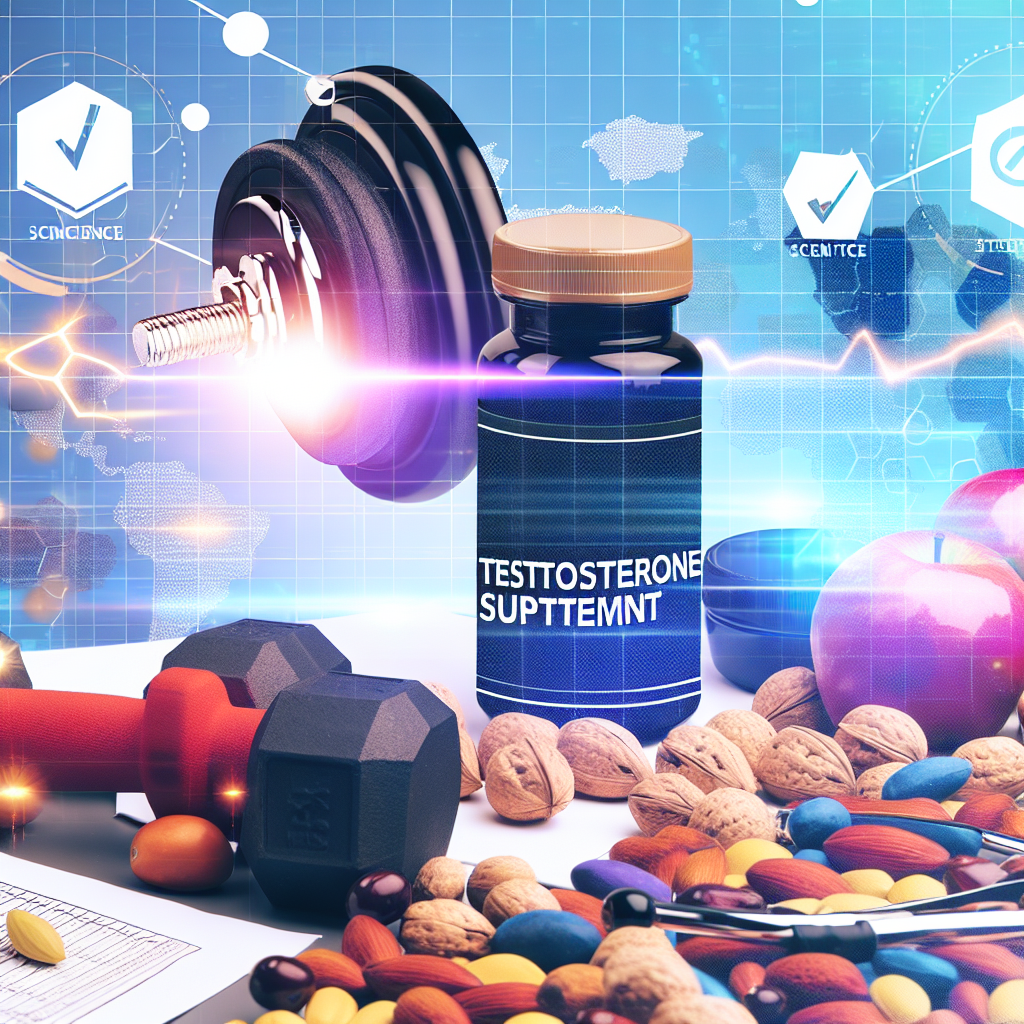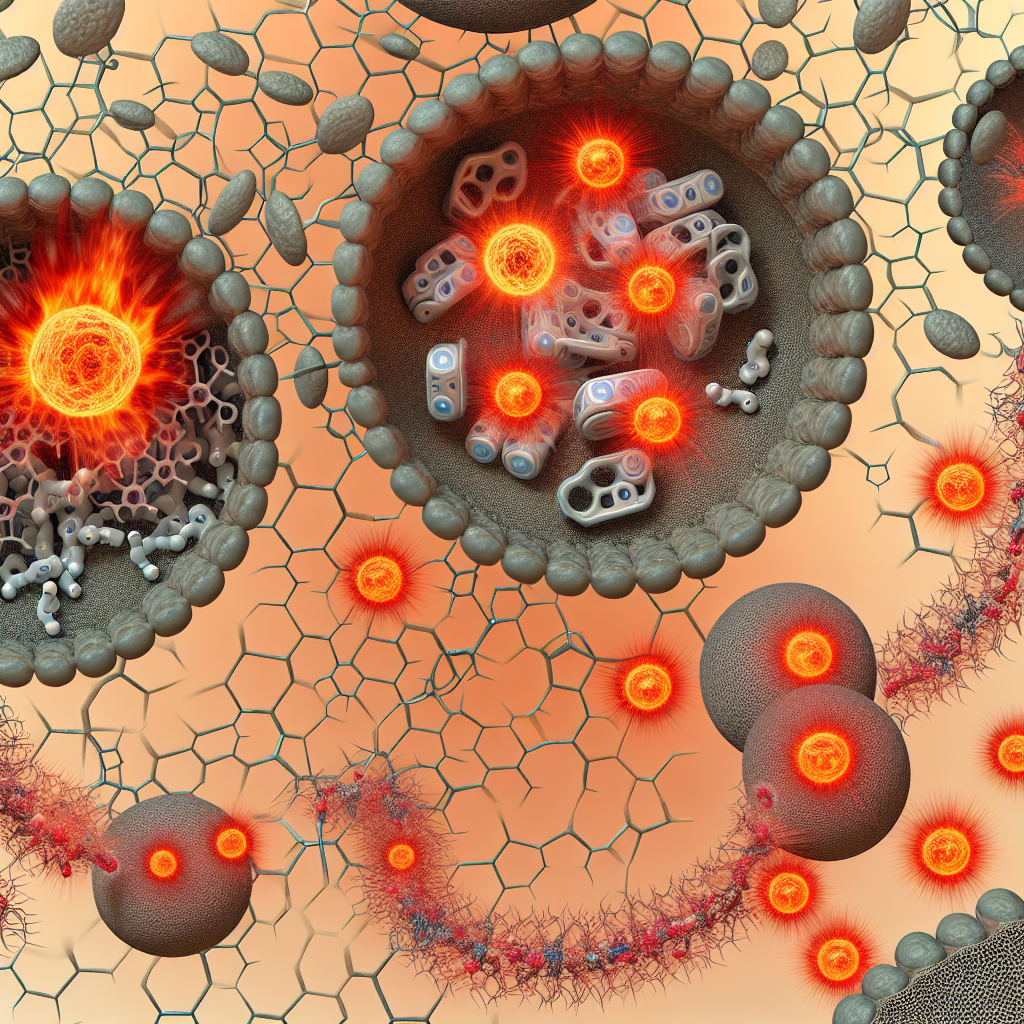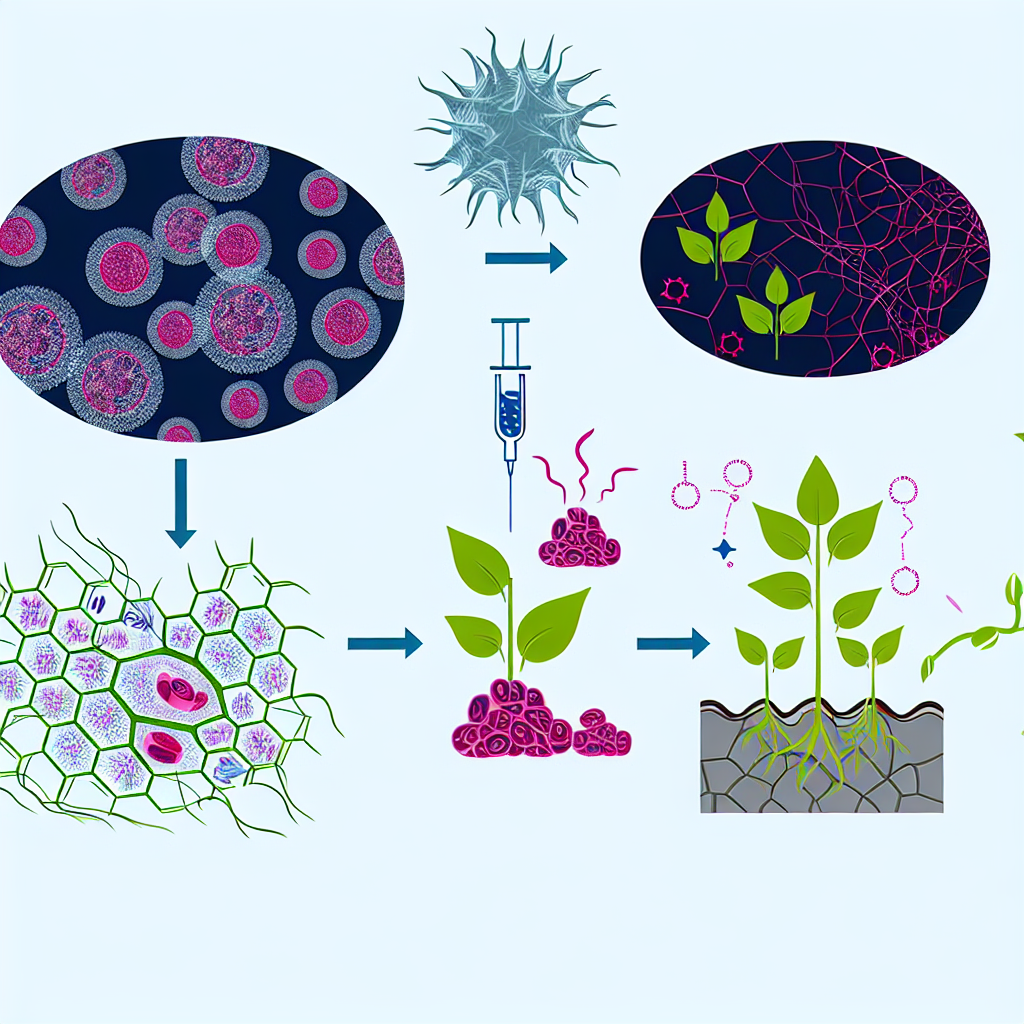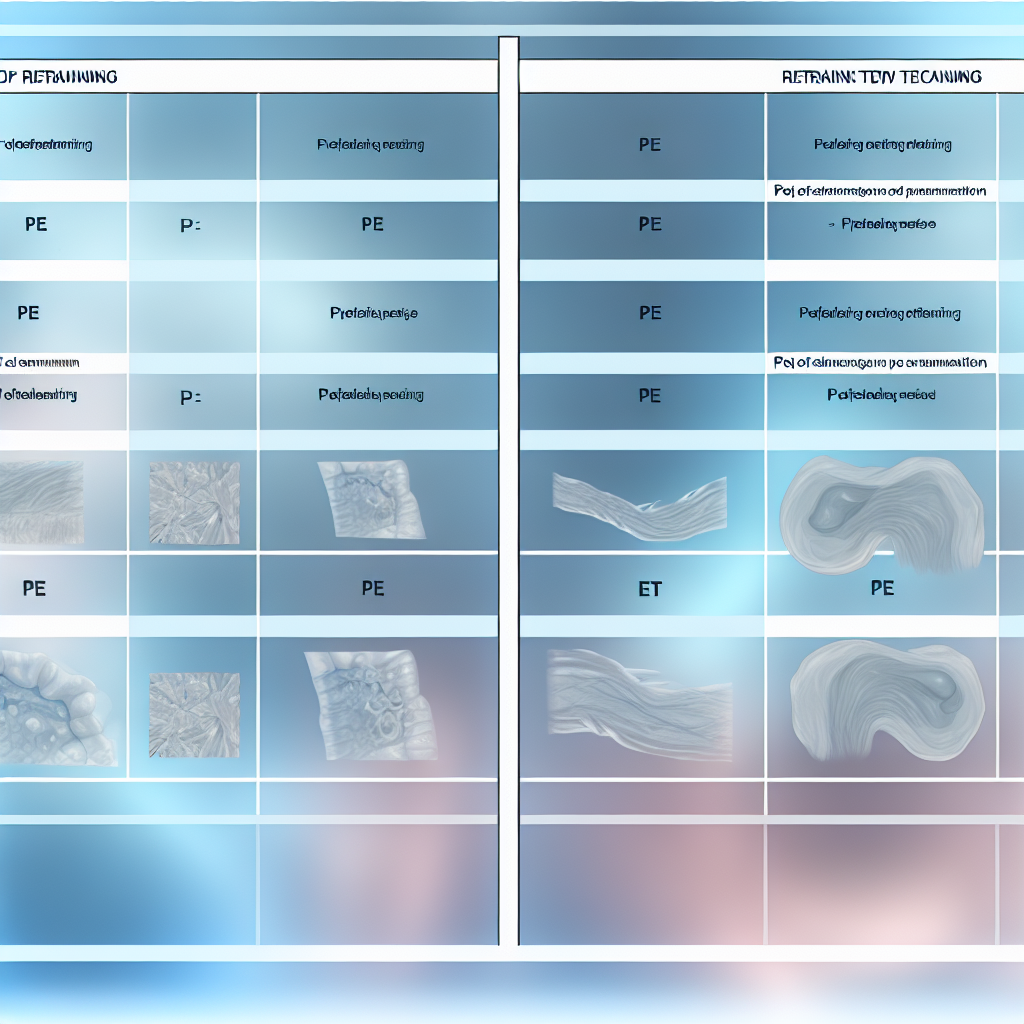Testosterone-Boosting Supplements – Evidence-Based Guide
Introduction
Testosterone is often referred to as the “male hormone” due to its vital role in developing and maintaining male attributes such as muscle mass, bone density, red blood cell production, and sexual health. After the age of 30, men naturally begin to experience a gradual reduction in testosterone levels. External factors such as chronic stress, poor diet, and lack of physical activity can further accelerate this decline.
Low testosterone levels can result in symptoms including reduced libido, fatigue, muscle weakness, and mental fog. While Testosterone Replacement Therapy (TRT) offers one avenue of treatment, many men today seek natural testosterone boosters first. These supplements are typically composed of vitamins, minerals, and herbal extracts intended to stimulate the body’s own production of testosterone.
Despite a saturated market filled with bold marketing claims, few supplements have been thoroughly studied or proven effective. With the global supplement industry projected to exceed $300 billion by 2028, an evidence-based approach is essential in separating true enhancers from placebo products. This guide details which ingredients are scientifically validated and how they function.
Evidence-Based Features of Testosterone-Boosting Supplements
Several nutrients and botanical extracts have undergone clinical testing for their role in enhancing testosterone levels. The following summaries focus on compounds backed by credible research and may benefit men across a wide age spectrum.
1. D-Aspartic Acid (DAA)
D-Aspartic Acid is a naturally occurring amino acid believed to promote testosterone synthesis by boosting luteinizing hormone (LH) levels. A key study in the journal Reproductive Biology and Endocrinology demonstrated a 42% increase in testosterone after 12 days of supplementation in healthy men aged 27 to 37. Nonetheless, follow-up studies suggest the efficacy may wane with long-term use. Therefore, DAA is likely best suited for short-term use or cycling.
2. Vitamin D
Vitamin D3 acts as a prohormone and regulates various hormonal functions. In areas with limited sun exposure, deficiency is common and directly associated with reduced testosterone output. Research from a 2011 RCT published in Hormone and Metabolic Research indicated that daily supplementation with 3,332 IU led to marked increases in both total and free testosterone levels over one year. Regular vitamin D testing is recommended to determine baseline levels before supplementation.
3. Zinc and Magnesium
Both zinc and magnesium are critical trace minerals linked to testosterone production. Zinc deficiency impairs testosterone synthesis and immune health, while magnesium appears to enhance free testosterone, particularly in individuals who engage in physical training. A study from Wayne State University revealed substantial testosterone drops with zinc deprivation over 20 weeks. Another study published in Biological Trace Element Research showed small testosterone increases with magnesium supplementation in athletes. Ensuring optimal dietary intake of both is fundamental before considering advanced supplements.
4. Fenugreek (Trigonella foenum-graecum)
Used traditionally for centuries, modern research supports fenugreek extract as an effective tool for improving testosterone and male vitality. A 2016 study published in Phytotherapy Research demonstrated a 100% increase in bioavailable testosterone among healthy men aged 25–52 after six weeks of taking 500 mg/day. Subjects also reported enhanced sexual drive and energy levels. Fenugreek may work by inhibiting enzymes that convert testosterone into estrogen.
5. Ashwagandha (Withania somnifera)
Well-known in Ayurvedic medicine, ashwagandha is an adaptogen that helps counteract stress—a key factor in hormonal suppression. A 2020 trial in the American Journal of Men’s Health found that overweight men supplementing 600 mg daily of standardized root extract experienced a 14.7% rise in testosterone, alongside improvements in physical performance and well-being. Reducing cortisol through ashwagandha may provide a favorable hormonal environment for muscle growth and vitality.
6. Tribulus Terrestris
A popular ingredient in many “male vitality” formulations, research on Tribulus terrestris is inconsistent. While animal studies and anecdotes report improved libido, its effect on testosterone in healthy men appears minimal. A randomized clinical trial found in the Journal of Ethnopharmacology concludes that Tribulus offers limited value as a standalone testosterone booster. Caution should be exercised when depending solely on this herb.
Caution on Proprietary Blends
Many commercial testosterone boosters use “proprietary blends”, obscuring actual dosages of included ingredients. This lack of transparency prevents accurate assessment of a product’s safety or effectiveness. Furthermore, as dietary supplements aren’t FDA-regulated like pharmaceutical drugs, quality control and labeling accuracy can vary significantly. Consumers should opt for products with clear ingredient disclosures and preferably third-party testing certifications.
Conclusion
The landscape of testosterone-boosting supplements is filled with misleading promises and under-researched blends. However, ingredients such as vitamin D, zinc, D-aspartic acid, fenugreek, and ashwagandha hold the most scientific credibility for supporting testosterone production, especially when paired with healthy lifestyle choices.
These supplements are most effective as part of a broader wellness strategy that includes resistance training, balanced nutrition, quality sleep, and stress management. They may provide therapeutic value, particularly for those with mild deficiencies or those not ready for hormone therapy.
Men experiencing symptoms of testosterone deficiency should seek professional evaluation before self-medicating. If supplementation is pursued, it should be with well-researched ingredients, clearly labeled dosages, and medical supervision where necessary. Optimizing testosterone is a nuanced, individualized process best approached with clinical insight and patient awareness.
Concise Summary
Natural testosterone-boosting supplements have gained popularity as alternatives to hormone therapy. Scientifically supported ingredients like vitamin D, zinc, D-aspartic acid, ashwagandha, and fenugreek may aid testosterone production, especially when correcting a deficiency. However, their effects are modest and best paired with healthy lifestyle habits. Products with proprietary blends, poor labeling, or unverified claims should be avoided. Men experiencing hormonal symptoms should consult a healthcare provider for testing and tailored guidance. Supplements can be a helpful tool, but they are not a substitute for comprehensive medical evaluation and wellness optimization.
References
– Topo, E., et al. (2009). The role and molecular mechanism of D-aspartic acid in the release and synthesis of LH and testosterone. Reproductive Biology and Endocrinology
– Pilz, S., et al. (2011). Effect of vitamin D supplementation on testosterone levels in men. Hormone and Metabolic Research
– Cinar, V., et al. (2011). Effects of magnesium supplementation. Biological Trace Element Research
– Wankhede, S., et al. (2016). Trigonella Foenum-Graecum extract in healthy men. Phytotherapy Research
– Lopresti, A. L., et al. (2020). Ashwagandha in overweight men. American Journal of Men’s Health
– Gauthaman, K., et al. (2005). Hormonal effects of Tribulus terrestris. Journal of Ethnopharmacology

Dominic E. is a passionate filmmaker navigating the exciting intersection of art and science. By day, he delves into the complexities of the human body as a full-time medical writer, meticulously translating intricate medical concepts into accessible and engaging narratives. By night, he explores the boundless realm of cinematic storytelling, crafting narratives that evoke emotion and challenge perspectives. Film Student and Full-time Medical Writer for ContentVendor.com




